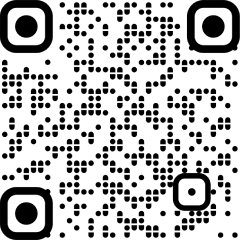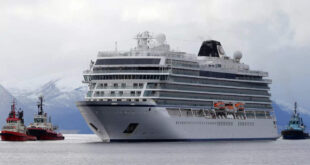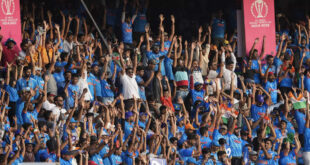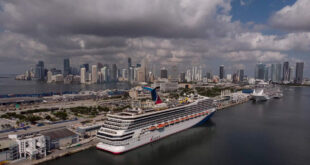[ad_1]
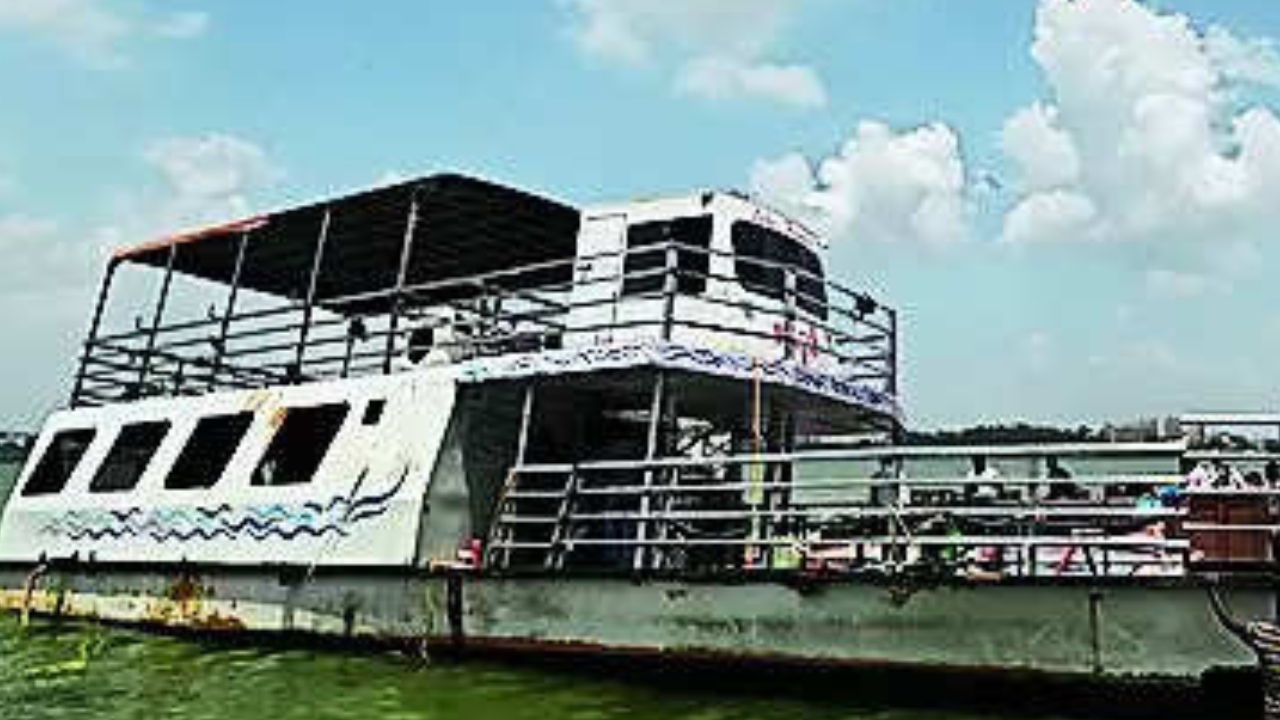
The central bench of National Green Tribunal (NGT) has banned the operation of the cruise boat in the Upper Lake or any other wetland site. It further banned construction within the “no development zone” i.e. “buffer zone” as provided in the Wetland Rules, 2017.
The NGT order states that in case any permanent construction has been raised within the “buffer zone”, the same will be demolished forthwith and MPPCB is directed to ensure compliance of this direction. The tribunal order was given by the bench of Justice Sudhir Agarwal and Dr Afroz Ahmad, who have since been transferred, in response to a petition filed by environmentalist Subhash C Pandey.
There were reports of MP Tourism Development Corporation (MPTDC) carrying out construction of a floating restaurant at Boat Club in the Upper Lake, which the NGT had put a halt to. In a detailed order, the green tribunal said, “It is argued that the cruise boat or cruise vessel or cruise ship smaller in size than those which are marine operated is an activity not regulated or governed by the provisions of Water Act, 1974, Air Act, 1981, EP Act, 1986 and the rules framed thereunder. We find it appropriate to consider the merit of this submission.”
“It may also be noted at this stage that running of cruise ships/boats/vessels in inland waters is not a charity or a service but constitutes part of the ‘travel industry’ or ‘entertainment industry’ or ‘leisure industry’. They are running for consideration and to provide a package of entertainment and joy ride to the consumer people at large,” the tribunal noted. It further said that running a cruise boat in a water body is an operation which is likely to discharge sewage or trade effluent into the stream. It is contended that whatever solid or liquid waste is generated on the cruise boat, that is collected and discharged on the land separately and nothing is thrown and discharged into the stream. This fact has not been found correct by the CPCB team in its report. The order further said that the reports placed before the tribunal show that the cruise boat is operated with two diesel engines of 125 HP capacities i.e., total capacity comes to 250 HP. Besides, a DG set of 12.3 KVA is also installed for power back up.
The cruise is equipped with three batteries on one side and one battery on the other side of the cruise for power back up to the engines; three diesel storage tanks of 90 litres capacity each are provided for storage of diesel meaning thereby, total stored capacity of diesel in the tanks was 270 litres.
The CPCB team also found that the ambient noise level was breached with music and without music, noise exceeded the limits prescribed under Noise Pollution Rules, 2000. The operators claimed that two diesel engines of 125 HP capacity are having leakage and spillage proof technology but as a matter of fact, CPCB officers found spillage of diesel oil near the engines and DG at bottom of the cruise. The tribunal members further noted that the path of cruise was quite close to Van Vihar national park, falls under ‘silent zone’, but noise pollution was being caused.
Besides, it is not disputed before us that diesel is a hazardous substance, attracting the provisions of HOWMTM rules, 2016. Rule 6 requires every occupier of the facility who is engaged in handling, storage, transportation, use etc. of hazardous and other waste to obtain authorisation for the said purpose.
No authorisation has been obtained by the operators of cruise in the present case. The above directions shall be carried out by the respondents and MPPCB shall ensure compliance thereof and submit an action taken report within 3 months before registrar of central zonal bench, the tribunal said.
Source link



